| | The Alternative Investment | | Najib Saab
May 2018
According to a report recently released by the United Nations Environment Program (UNEP), the Frankfurt School of Finance and Bloomberg, the sun has become the most attractive source for new investments in global energy production. Investments in solar energy reached $161 billion last year, producing 98 gigawatts of electricity. This goes far beyond any other source, including coal, gas, oil and nuclear power. It is also worth noting that most of the increase occurred in China, which alone exceeded half the investments in new energy. | 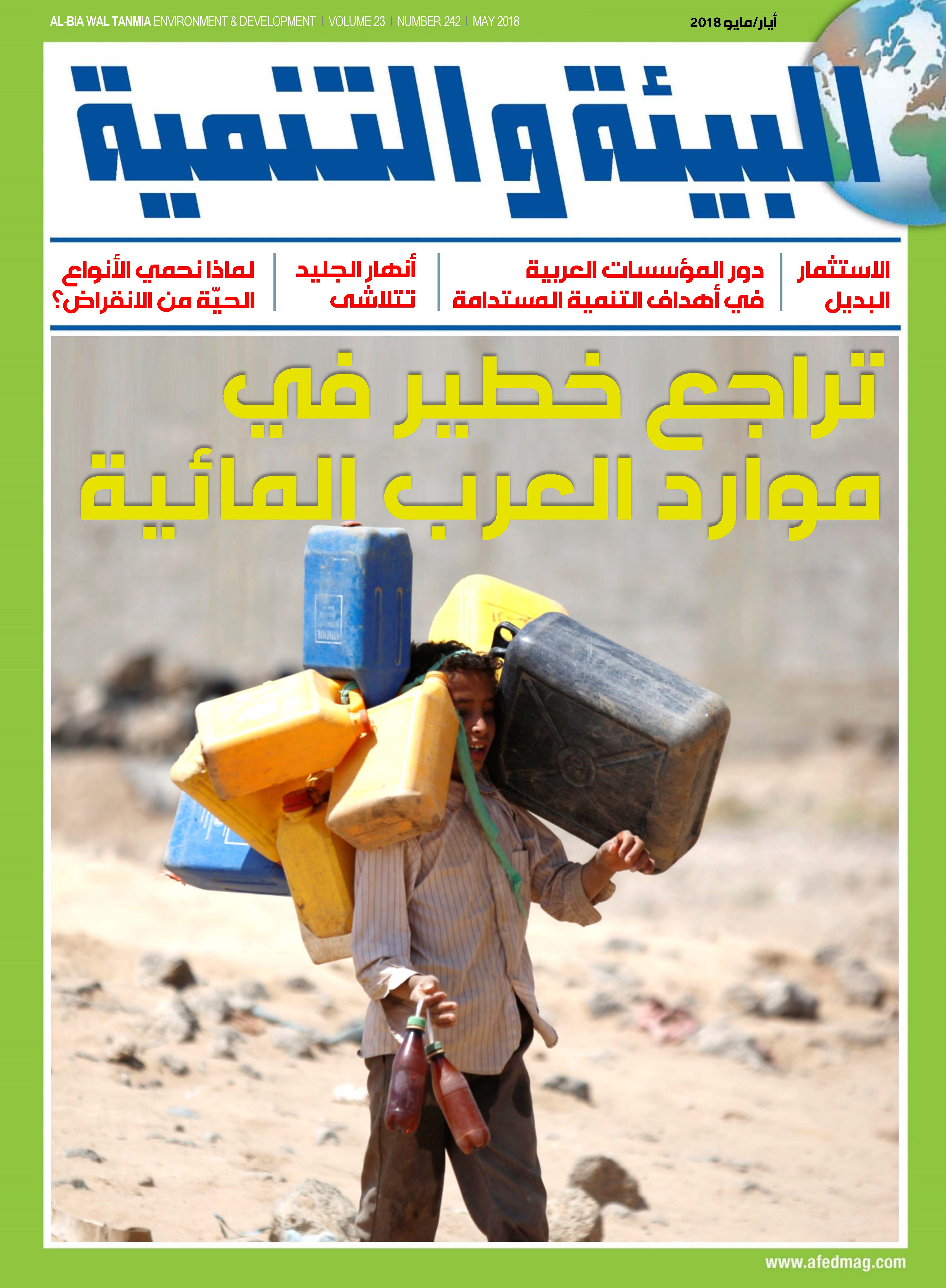 | | more... | |
|
|
| | Financing Development by Fighting Corruption | | Najib Saab
April 2018
Achieving the Sustainable Development Goals (SDGs) in Arab countries requires an additional $57 billion annually in investments until 2030, according to Arab Forum for Environment and Development (AFED) reports. Countries had agreed on the 2030 deadline to achieve ambitious goals set by the United Nations, including eradicating poverty and hunger, ensuring health care, education, clean water and energy, and providing appropriate housing for all. | 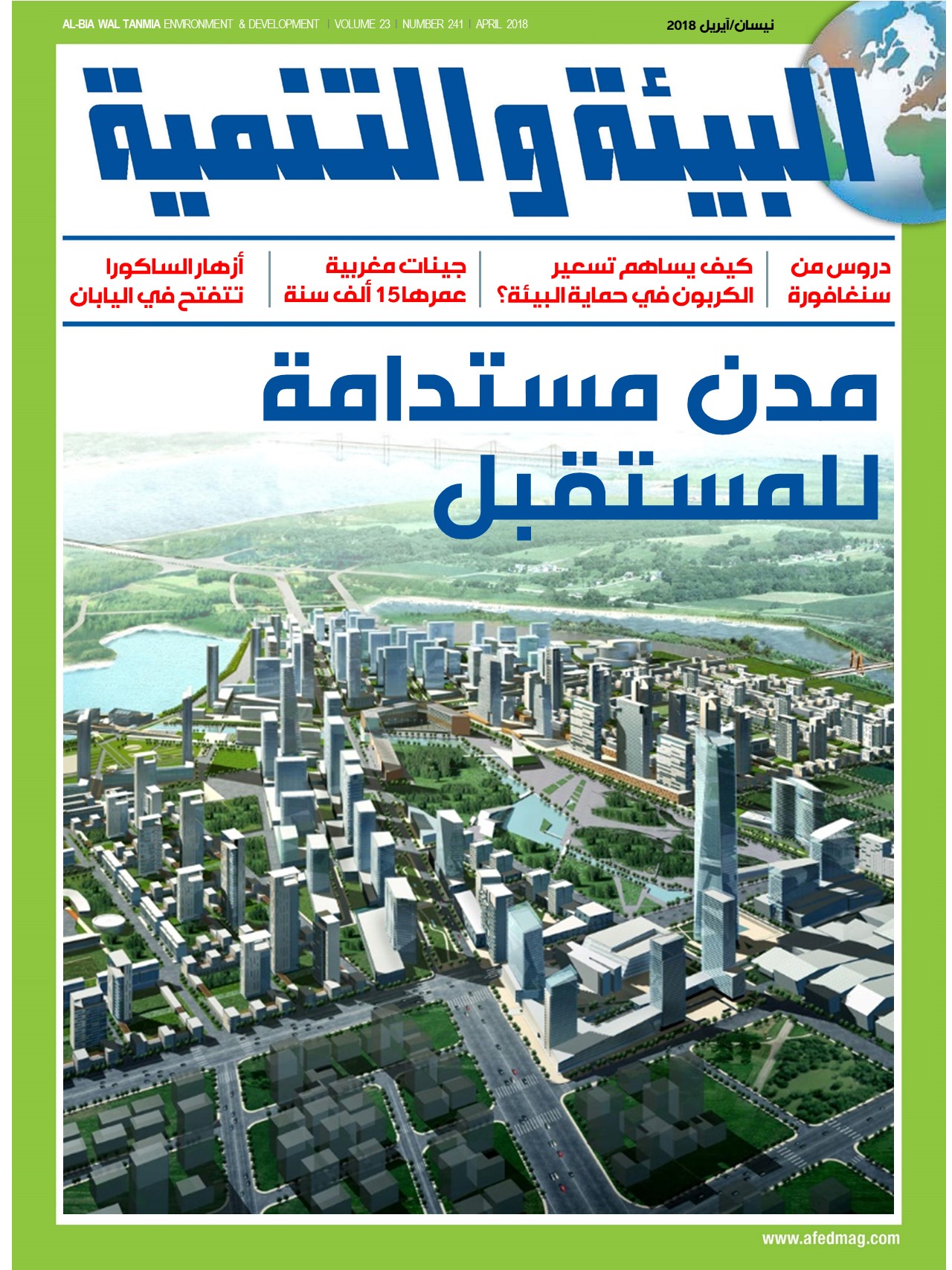 | | more... | |
|
|
| | Environmental facts and economic realities | | Najib Saab
February 2018
When the eighth session of the Assembly of International Renewable Energy Agency (IRENA) took place in Abu Dhabi last month, some were expecting a decline in clean energy investments, in view of President Donald Trump�s emerging policies. In fact, it was exactly the opposite. Renewable energy proved to be the corner stone in the energy mix, and those who defy the rules of the new game will only put themselves out of the market. | 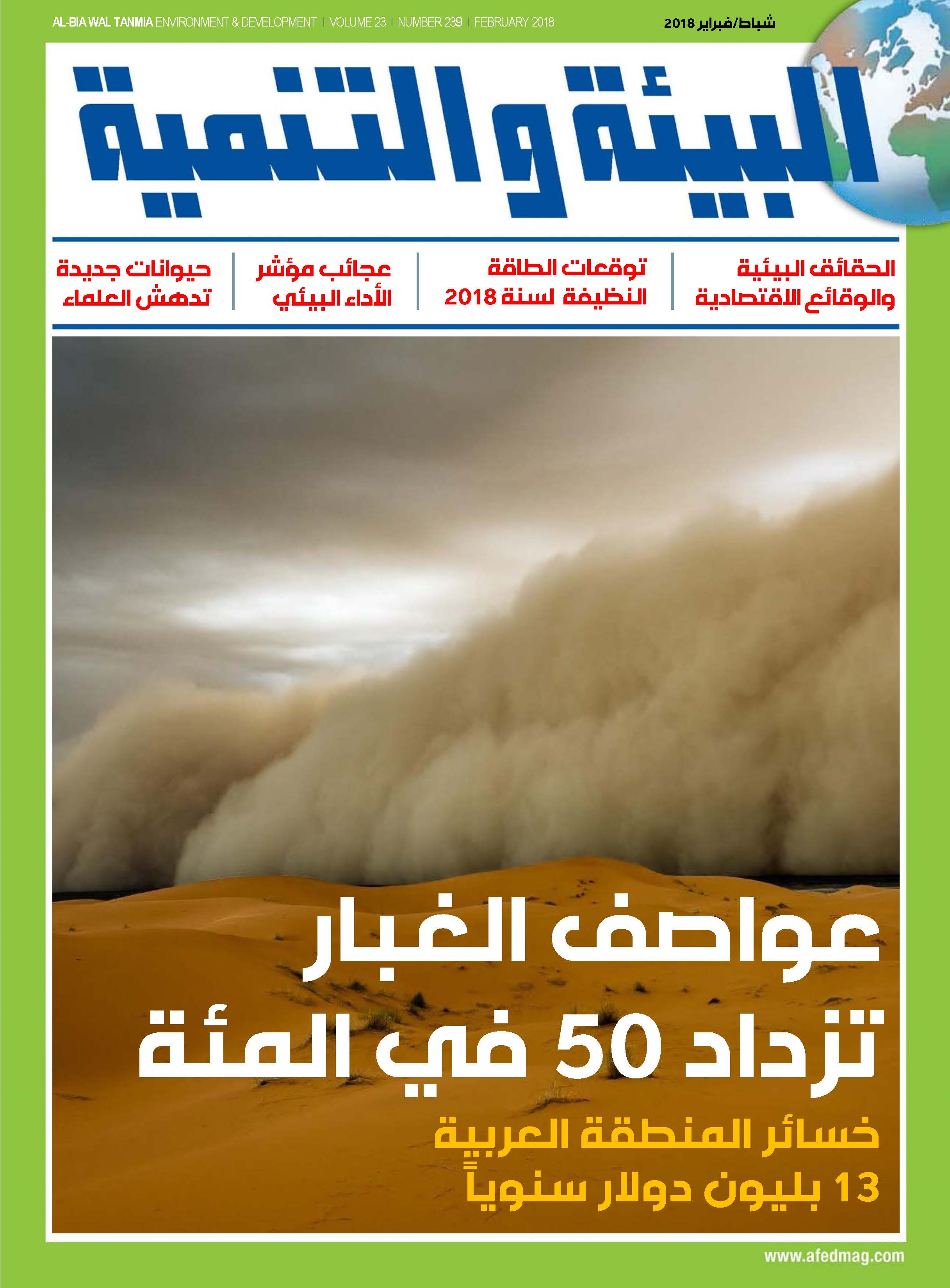 | | more... | |
|
|
| | Arab Public Opinion and the Environment | | Najib Saab
October 2017
A public opinion survey carried out by the Arab Forum for Environment and Development (AFED) in 22 Arab countries revealed that a vast majority, exceeding 60 percent, believes that the environment has deteriorated in their countries over the last ten years. An even bigger majority of 95 percent thinks that their country is not doing enough to tackle environmental challenges. | 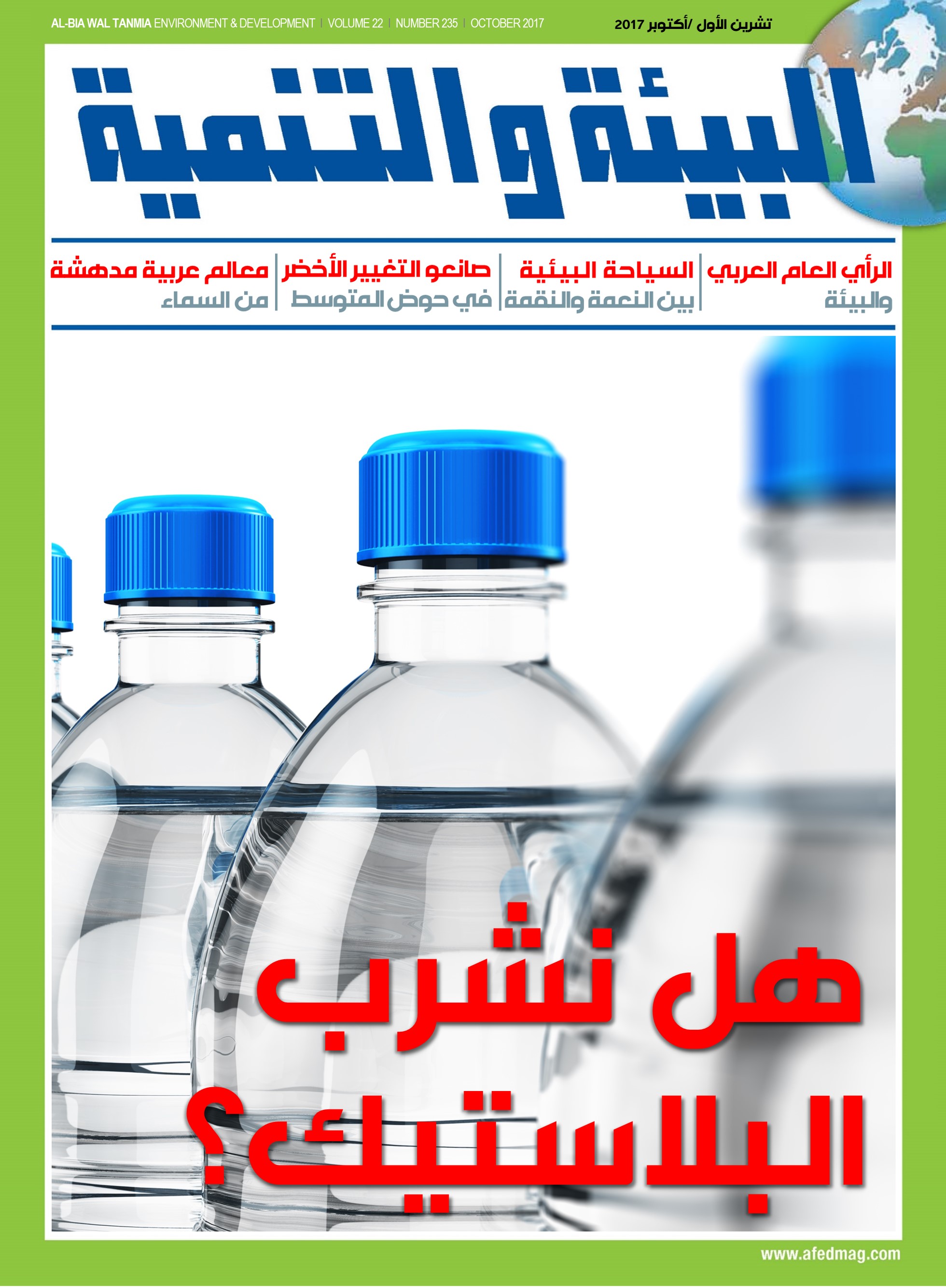 | | more... | |
|
|
|
|
|
|
|
|
|
|
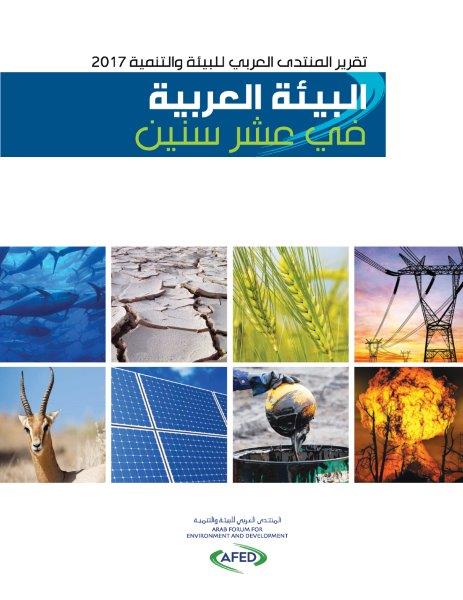 | | | Arab Environment in 10 Years | | | ARAB ENVIRONMENT IN 10 YEARS crowns a decade of the series of annual reports produced by the Arab Forum for Environment and Development (AFED) on the state of Arab environment. It tracks and analyzes changes focusing on policies and governance, including level of response and engagement in international environmental treaties. It also highlights developments in six selected priority areas, namely water, energy, air, food, green economy and environmental scientific research. |
|
 |
|
|
|
|




